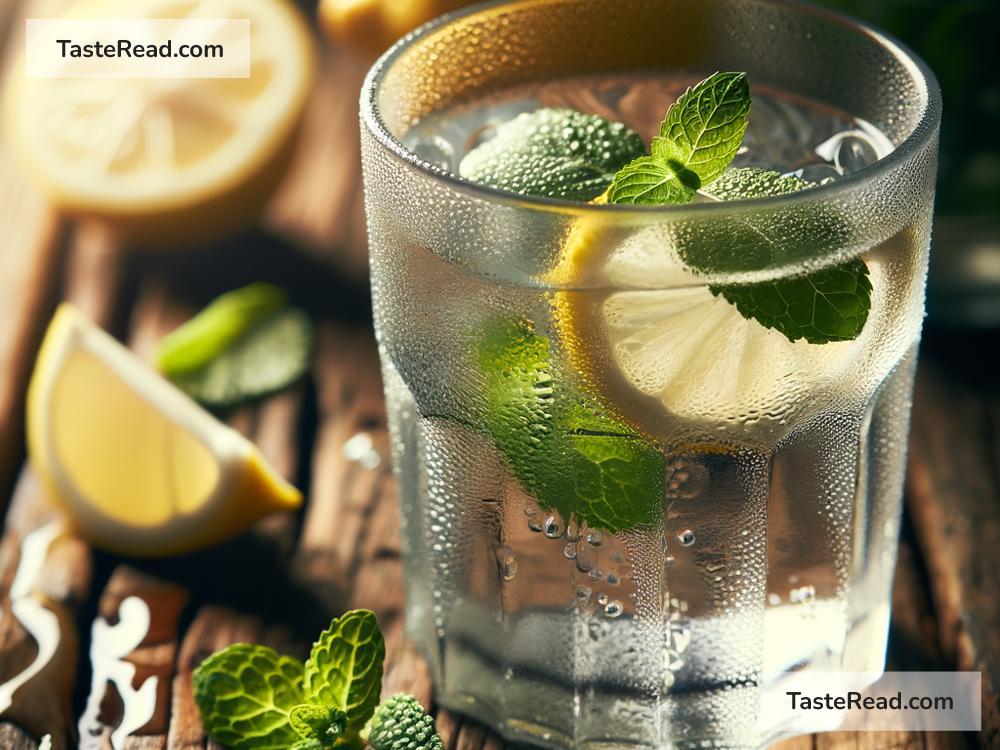The Importance of Hydration: How Much Water Do You Really Need?
Water is essential to life. Every single cell in your body needs water to function properly. Yet, many people don’t drink enough water every day. Staying hydrated is vital for keeping your body healthy, feeling energized, and performing at your best. But how much water do you truly need? Let’s dive into the importance of hydration and learn how to figure out the right amount for you.
Why is Hydration Important?
Your body is made up of around 60% water. Water plays a big role in almost everything your body does:
- Supports Vital Functions: Water helps your body digest food, absorb nutrients, and carry oxygen to your cells.
- Keeps Your Temperature Stable: Drinking enough water helps your body regulate its temperature, especially when it’s hot outside or you’re exercising.
- Flushes Out Waste: Water helps your kidneys remove waste and toxins through urine and sweat.
- Boosts Energy and Focus: When you’re hydrated, your body works more efficiently. You’ll feel more alert, and it’s easier to stay focused.
- Promotes Healthy Skin: Drinking water keeps your skin hydrated, making it look softer and more radiant.
- Prevents Health Problems: Proper hydration may reduce your risk of headaches, constipation, kidney stones, and other health issues.
When you don’t drink enough water, your body becomes dehydrated. Even mild dehydration can cause fatigue, dry skin, headaches, dizziness, and trouble concentrating. Severe dehydration, which happens when your body loses too much water, can lead to serious health problems.
How Much Water Do You Need?
You’ve probably heard the advice: “Drink eight glasses of water a day.” While it’s a good general guideline, the truth is that water needs vary from person to person. Factors like your age, weight, activity level, and climate all play a part in determining how much water you should drink.
Here’s a breakdown of what influences your hydration needs:
- Age: Younger people may need more water than older adults, as the body holds less water as you age.
- Body Size: Larger individuals often need more water to stay hydrated compared to smaller people.
- Activity Level: If you exercise or move around a lot, you’ll sweat more, which increases your need for water.
- Weather: Hot and humid climates cause your body to lose more water through sweat, which means you’ll need more fluids.
- Diet: Foods high in salt, sugar, or caffeine can cause your body to lose water faster, so drinking extra water is important.
- Illness: If you’re sick and losing fluids due to fever, vomiting, or diarrhea, you’ll need to rehydrate quickly.
To get a more personalized idea of how much water you need, you can use the general rule of thumb: drink half your body weight in ounces of water each day. For example, if you weigh 150 pounds, aim to drink around 75 ounces of water daily. However, don’t feel the need to measure it perfectly—listening to your body is key.
How to Know If You’re Hydrated
One of the easiest ways to check if you’re hydrated is to look at the color of your urine. If it’s pale yellow, that’s a good sign that you’re drinking enough water. If it’s darker, you might need to drink more. Keep in mind that certain vitamins or foods can change the color of your urine temporarily, so take note of your overall hydration habits.
Another sign of dehydration is feeling thirsty. Your body gives you clear signals when you need to drink water, so pay attention to that. If you often feel tired or dizzy, it might also be a sign that you’re not drinking enough fluids.
Is It Possible to Drink Too Much Water?
While staying hydrated is crucial, drinking too much water can be harmful. It’s rare, but overhydration can cause a dangerous condition called hyponatremia. This happens when your body’s sodium levels drop too low, leading to confusion, swelling, or even life-threatening issues.
Most people don’t need to worry about drinking too much water if they stick to normal hydration habits. The key is finding balance—not too little and not too much.
Tips to Stay Hydrated
Here are simple tips to make hydration a part of your daily routine:
- Carry a Water Bottle: Keep a water bottle with you wherever you go. It’s an easy reminder to take sips throughout the day.
- Flavor Your Water: If plain water is boring, add lemon slices, cucumber, or berries to make it more enjoyable.
- Eat Water-Rich Foods: Foods like watermelon, cucumber, oranges, and lettuce can boost your hydration while providing nutrients.
- Set Reminders: Use alarms on your phone or apps to remind you to drink water regularly.
- Start Your Day with Water: Drink a glass of water first thing in the morning to rehydrate after sleep.
- Drink Before You’re Thirsty: Don’t wait until you feel thirsty—try to sip water throughout the day.
Final Thoughts
Hydration is fundamental to your health and well-being. Water helps your body run smoothly, energizes you, and prevents countless problems. While there isn’t a one-size-fits-all answer to how much water you need, paying attention to your body and staying consistent with your hydration habits will keep you on track. Start today by drinking an extra glass of water—you’ll feel the difference!


